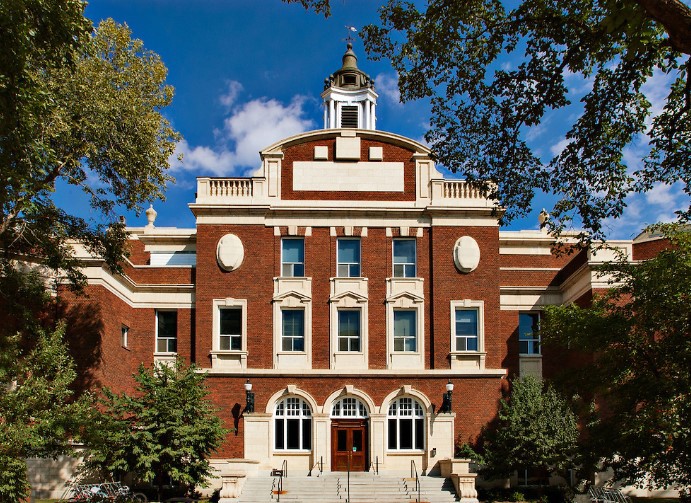
Over the last month and a half, I have often noted on this blog that we are in uncharted territory. We have had to make major changes in spite of a great deal of uncertainty and imperfect information. We are not alone in this predicament — every sector, province, and country shares these challenges. In every jurisdiction, people, governments, and organizations are listening to their chief medical officers, looking at the best available scientific evidence and modelling, and endeavouring to make the wisest decisions possible. All of us are doing the same thing as individuals — daily making choices with the safety of our families and others in the forefront. It’s been inspiring to see how every Canadian has pulled together in this emergency so effectively to flatten the curve, save lives, and minimize the pressures on the healthcare system.
We all know we are not there yet, but daily updates from government officials and the CMO have taken a decidedly new turn towards the future — to preparations for the relaxation of some of the restrictions currently in place. As noted on this blog last week, the university is also moving into Fall 2020 planning. Although we continue to face uncertainty, planning for the fall now is essential.
As Provost Steven Dew and I have directed the Public Health Response Team, our primary goal is to continue to provide the best possible learning experience for our students and maximize university research and service activities throughout the pandemic. Today’s uncertainty is unlikely to resolve soon. However, we must consider the factors we do know, and listening carefully to the CMO’s public health direction, focus on the likely scenarios, each one of which raises multiple, critical questions that need exploration and solution. We need the time to work through these, in terms of academic planning, research and the overall operation of the institution, recognizing that a significant component of our offerings will need to continue remotely.
Planning committees on academic, research and operations are hard at work, providing advice to my office and the Provost’s Office. General Faculties Council (and its standing committees) will be engaged in special sessions this coming week as we move towards a decision. We cannot delay in these discussions. The sooner we are able to make a decision about the fall, the more time all of us will have to prepare courses in new formats, plan for the reopening of research labs, adapt our operations, and put in place the safeguards needed if and when we resume some in-person activity.
Once again we may be in uncharted territory, but we are not alone. Universities across the world are dealing with similar issues. We are in constant contact with our colleagues across Canada and working with them to explore options and possibilities, and wherever possible, to coordinate and collaborate. We worked together with Universities Canada and U15 to advocate for greater financial assistance for our students, and last week, Prime Minister Trudeau announced a suite of programs to help. Canada’s post-secondary sector is strong and we will continue to work through the challenge of fall planning together.
As the U of A ends one of the most remarkable and challenging winter terms this university has ever faced, I want to thank each of you. Responding to COVID-19 and serious budget reductions at the same time has put enormous pressure on all our community and every day I see how these pressures are being met with thoughtfulness, strategic action, creativity, and grace. There is still much to be done. This spring and summer will undoubtedly be as unusual as our winter term, but this community is determined and resourceful. Thank you for all of your efforts. I am privileged to be working with you during this most extraordinary time.
David H. Turpin
President and Vice-chancellor